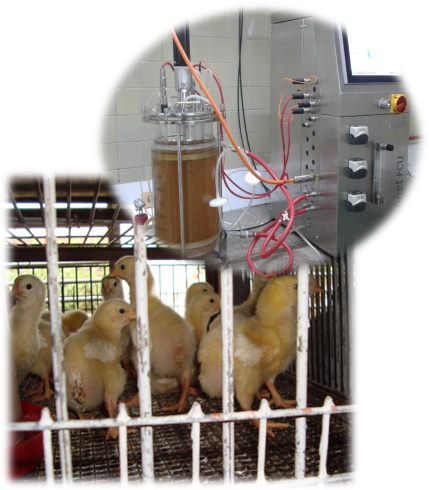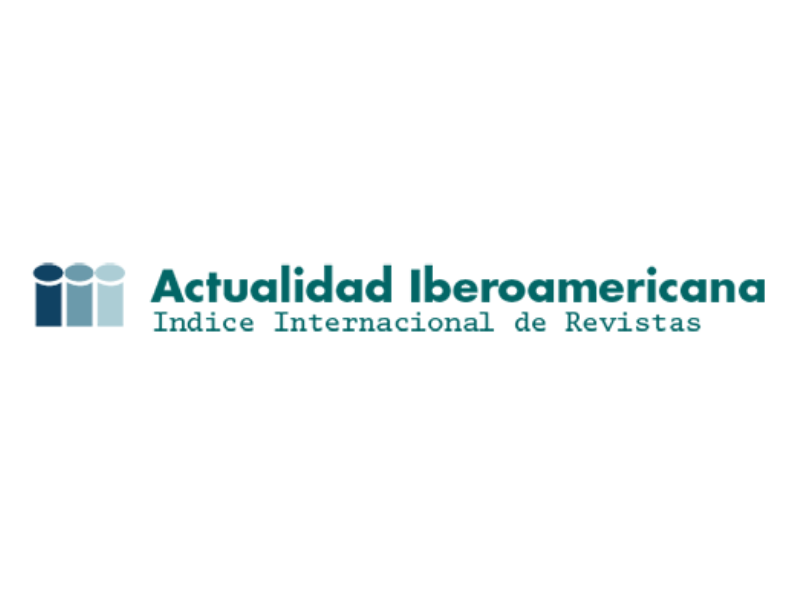Effect of Lactobacillus pentosus LB-31 probiotic additive on broilers
Efecto del aditivo probiótico Lactobacillus pentosus LB-31 en pollos de ceba

Show authors biography
Objective. Determine the biological response of broilers by including the probiotic additive Lactobacillus pentosus LB-31 in the diet, which was obtained in an economical culture medium and under different production conditions. Materials and methods. A completely randomized design was used with eight animals per treatment. Two experimental groups were established: the first consumed the basal diet without antibiotics (control group) and the second the basal diet with the addition of Lactobacillus pentosus LB-31 in a concentration of 107 cfu/g of food. Hematological, blood biochemical, morphometric and immunological indicators were determined. Results. At 42 days of age of the animals, there were no difference among treatments for hemoglobin and hematocrit. Albumin/globulin relation and albumin, cholinesterase and glutathione levels increased (p <0.05) while concentrations of globulins, uric acid, pancreatic amylase, alkaline phosphatase, cholesterol and triglycerides decreased (p <0.05) with the inclusion of LB-31 in the diet. In the morphometric indicators, the probiotic only had an effect (p <0.05) on relative weight (g/kg of live weight) of small intestine that decreased and the abdominal fat that increased. Conclusions. Lactobacillus pentosus LB-31, cultivated in a new culture medium and under different production conditions, maintains its probiotic activity in morpho-physiological and blood biochemistry indicators of broilers.
Article visits 842 | PDF visits























